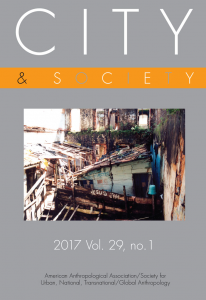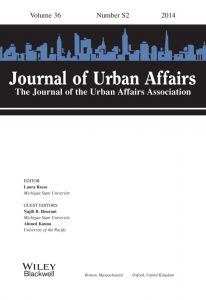Russia's Attempt to Ban American Cartoons Stirs Controversy
by Nickie Wild
 Russia’s parliament recently moved to ban the American television shows “South Park,” “Family Guy,” and “The Simpsons,” alleging that they sent negative messages to the country’s children. Russian cartoon network 2×2, which airs the programs, had its license up for renewal, and the Kremlin was not intending to grant it. Besides general accusations of moral depravity, the government particularly objected to the “South Park” episode Mr. Hankey’s Christmas Classics, in which a piece of human waste comes alive and sings holiday songs. Officials said that this promoted religious hate speech, which is illegal under Russian law. The government proposed a new channel, which would instead have shows that promoted patriotism and morality to the country’s youth. However, the public reacted strongly against this move with collective action – protests, rallies, and flash mobs sprung up over several weeks of unrest. Some participants merely supported the particular programs, but many others acted out of concern that the government was returning to its authoritarian past. Petitions were signed by tens of thousands.
Russia’s parliament recently moved to ban the American television shows “South Park,” “Family Guy,” and “The Simpsons,” alleging that they sent negative messages to the country’s children. Russian cartoon network 2×2, which airs the programs, had its license up for renewal, and the Kremlin was not intending to grant it. Besides general accusations of moral depravity, the government particularly objected to the “South Park” episode Mr. Hankey’s Christmas Classics, in which a piece of human waste comes alive and sings holiday songs. Officials said that this promoted religious hate speech, which is illegal under Russian law. The government proposed a new channel, which would instead have shows that promoted patriotism and morality to the country’s youth. However, the public reacted strongly against this move with collective action – protests, rallies, and flash mobs sprung up over several weeks of unrest. Some participants merely supported the particular programs, but many others acted out of concern that the government was returning to its authoritarian past. Petitions were signed by tens of thousands.
The government has since decided to renew 2×2’s license, provided that they do not show the offending episode again. Analyzing this incident with an eye towards Gramsci’s concept of hegemony leads the observer to question if the Kremlin was attempting to fight against the encroaching cultural doctrines of the West, or impose its ideology on the country’s children. Many Russian citizens seem to have firmly believed the latter.
Hegemony and the Media




